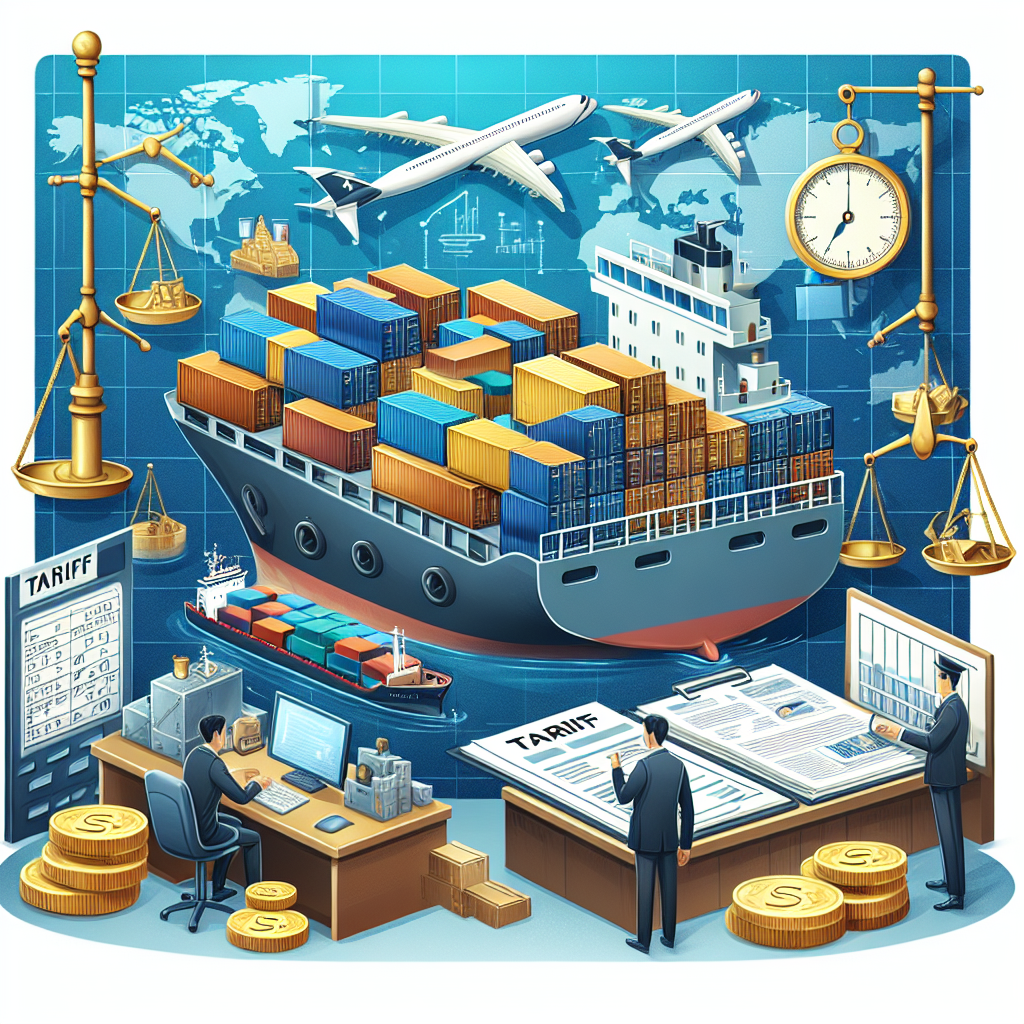Tariff Talks in Kuala Lumpur: ASEAN's Standoff with U.S. Trade Policies
Tensions rise as ASEAN countries face hefty U.S. tariffs, impacting their export-driven economies. Meeting in Kuala Lumpur, officials from the region discuss potential unified responses amid fears of increasing tariffs, particularly on semiconductors. Vietnam risks losing significant revenue, prompting ASEAN to reconsider its negotiation strategy.

Hefty tariffs imposed by the United States on Southeast Asian countries will dominate discussions between U.S. Trade Representative Jamieson Greer and regional leaders in Kuala Lumpur this week. The talks aim to address a trade and investment agreement crucial for countries relying heavily on exports for economic growth.
For Southeast Asian nations like Laos, Myanmar, and Singapore, the tariffs range from 10% to 40%, causing significant concern across the region. Malaysian Trade Minister Tengku Zafrul Aziz, hosting the economic talks, remained cautious about whether tariffs will be the main focus.
Vietnam, in particular, stands to lose $25 billion annually due to a 20% tariff on their goods. This situation forces ASEAN to consider a unified response strategy, especially as discussions arise about even steeper tariffs on sectors like semiconductors, a major economic driver for Thailand, Malaysia, and Vietnam.
(With inputs from agencies.)
ALSO READ
Tech Stocks Surge as Trade Tensions Ease: A Market Rebound
Political Tensions Escalate as Congress Leader Allegedly Humiliated by BJP Workers
Syria-Israel Peace Talks Advance Amid Tensions
Tensions Soar as NATO Responds to Russian Airspace Incursions
Trade Tensions: South Africa's Bid to Lower U.S. Tariffs










